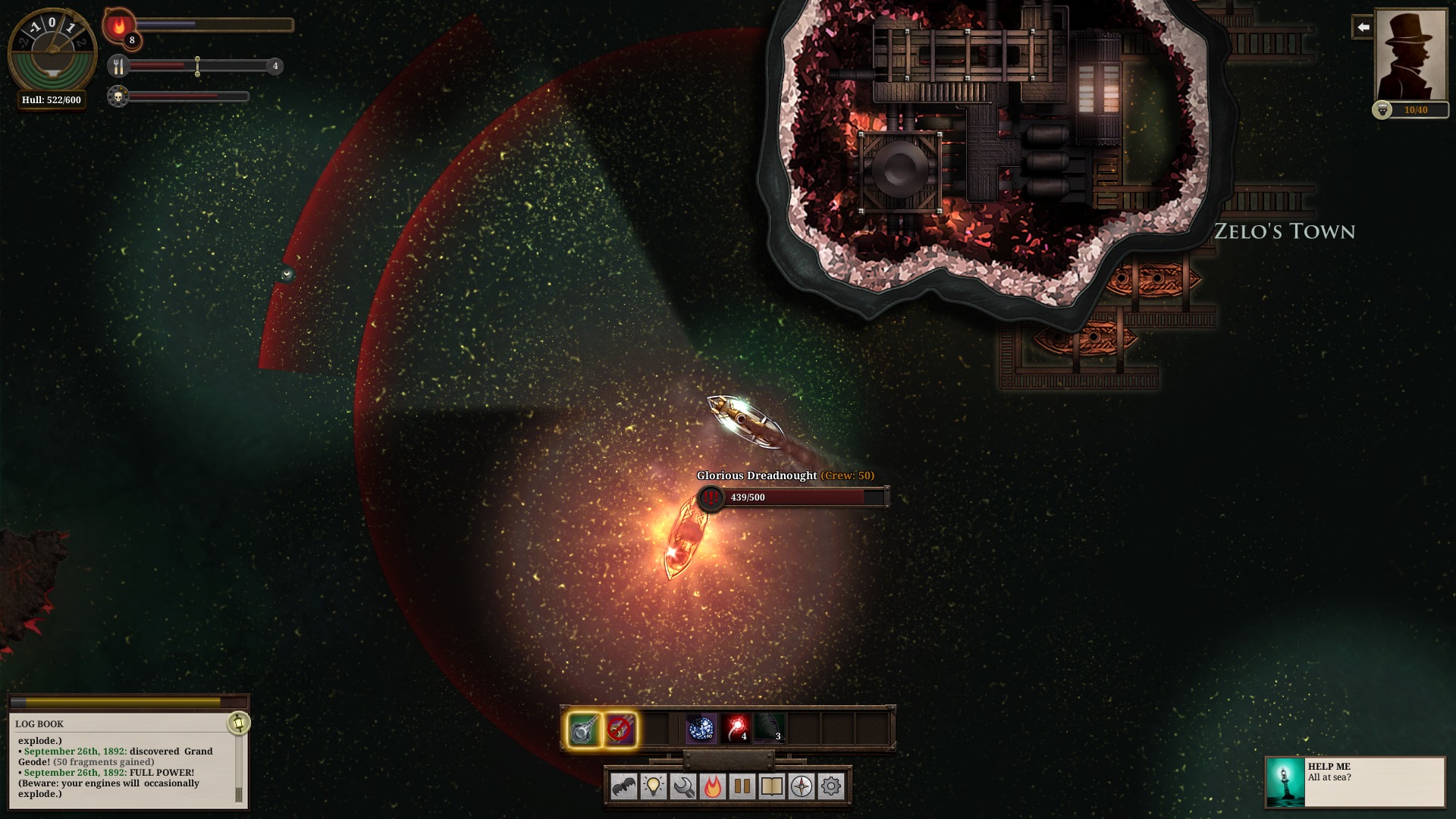The rogue-like genre gets its namesake from the game Rogue, which came out in 1980. And as the name implies, rogue-like games are those that are designed to play similarly to the original Rogue.
But after all these years, the genre has seen some changes — and it’s started to look more and more different than the original Rogue game. Which means it’s gotten harder to define what a rogue-like game actually is.
So what does it take to define a game as a rogue-like in 2016?
From my experience, there are 6 main components that make a game a rogue-like. Let’s run through them:
Permanent death
Some people consider permanent death as a punishment, but in fact it is the rogue-like game’s way of bringing replayability and enjoyment.
In most rogue-like games, permanent death doesn’t mean completely restarting the game from scratch. These games add some progression to it — for example unlocking different kinds of stuff, like more characters or abilities.
Randomly generated environments
Procedural generation for every new gameplay session is the base of the rogue-like genre. It was, and still is, used in the majority all rogue-like games since the genre was established.
Every game uses this feature differently. Some games uses random generation with all its full potential — like completely randomized characters, world, weapons, and pickups. Other games only randomize certain type of stuff, or a part of the game world.
Semi-Story
Not all rogue-like games have story in them, but this component is being used more and more lately, and especially in the last 10 years. It wasn’t a main component in older rogue-like games, but over time it became a main thing in today’s rogue-like games.
Multiple levels
While some games in the genre tend to go to the “one level route”, like Sunless Sea, most rogue-like games have multiple levels and/or dungeons.
Inventory
Almost every game today has inventory system in it, but rogue-like games depend on it. You can’t progress in the game without picking up items and/or weapons, and you need to manage your inventory to decide what to keep and what to throw, because you have a limited amount of space in your inventory.
Random outcome
Every rogue-like game uses random outcome differently, but what random outcome means is that every time you do something, like attacking or casting a spell, the outcome is different — and you can’t know for sure how many hit-points your attack will reduce from the enemy, or how much you will heal from your healing spell. But it gives you a reference range on how much it will do.

This interpretation was based on my own opinion and experience, and some games don’t have all these features, but could still be considered rogue-like games.
What are your thoughts? Do you agree with me, or do you have more features to add to the list?







Published: Aug 5, 2016 06:12 pm